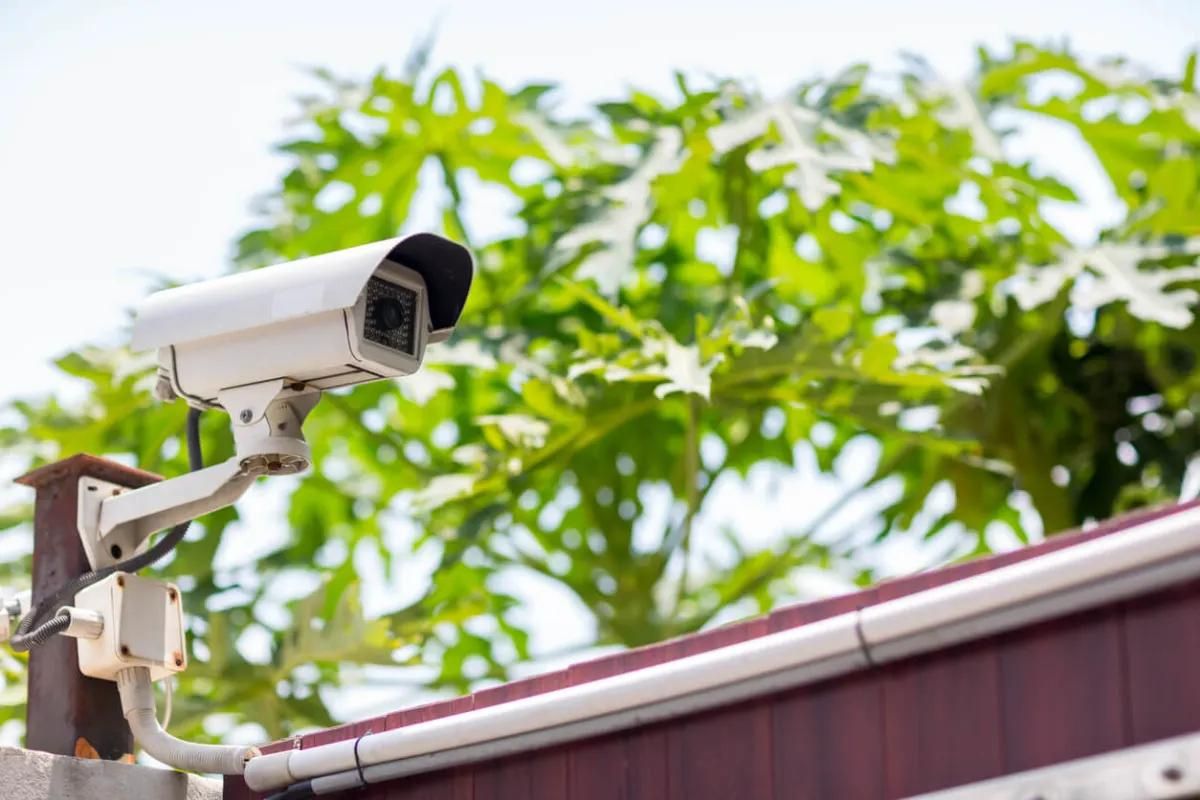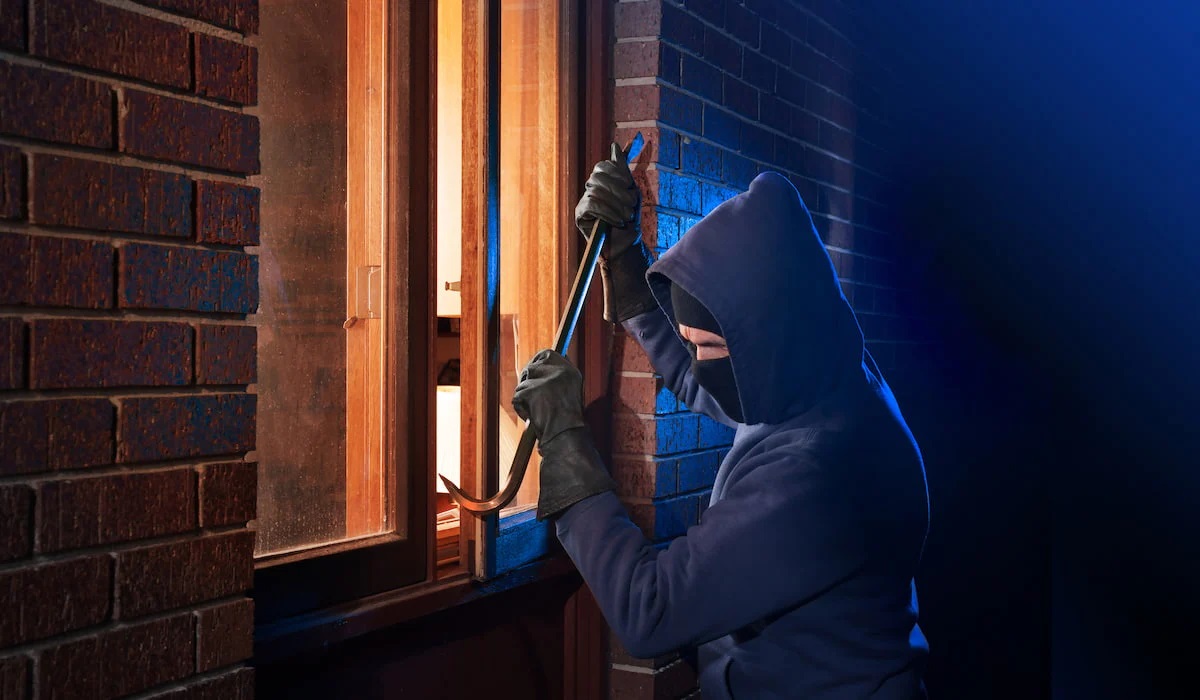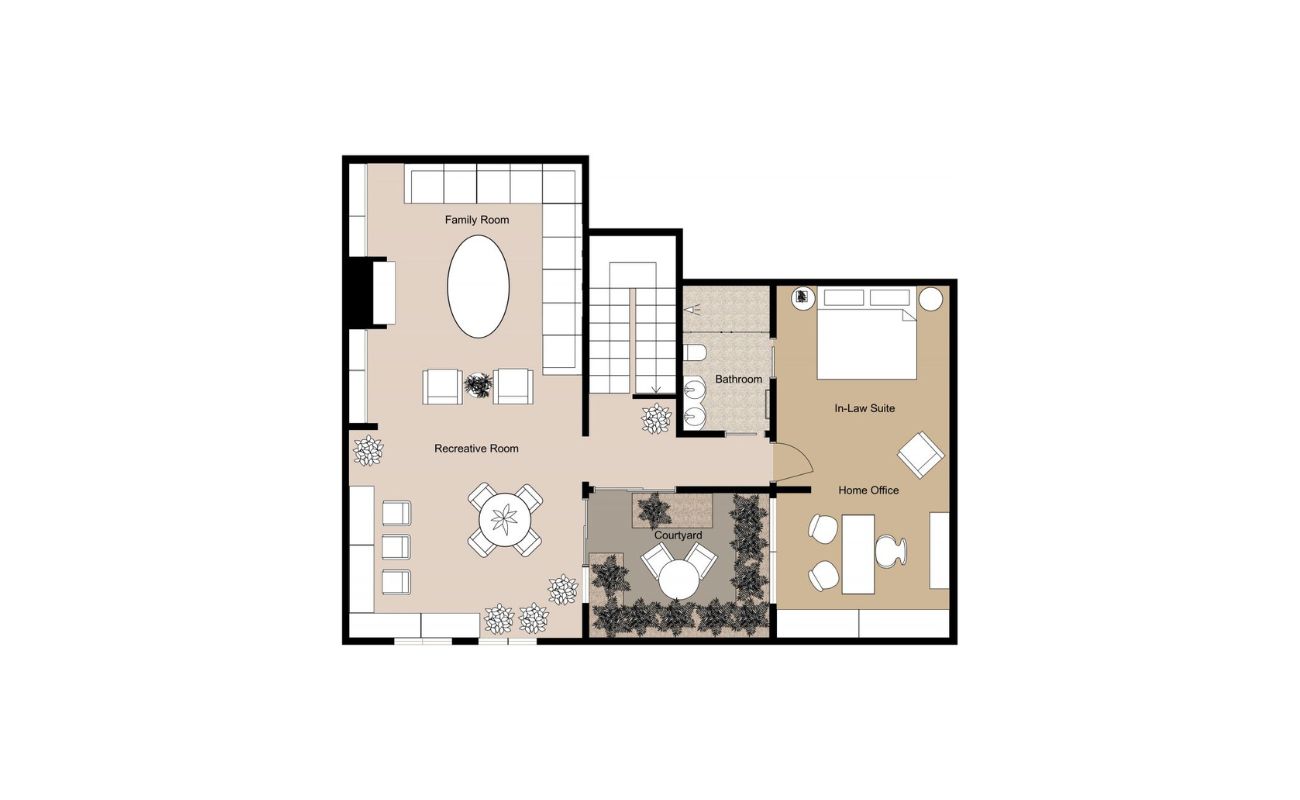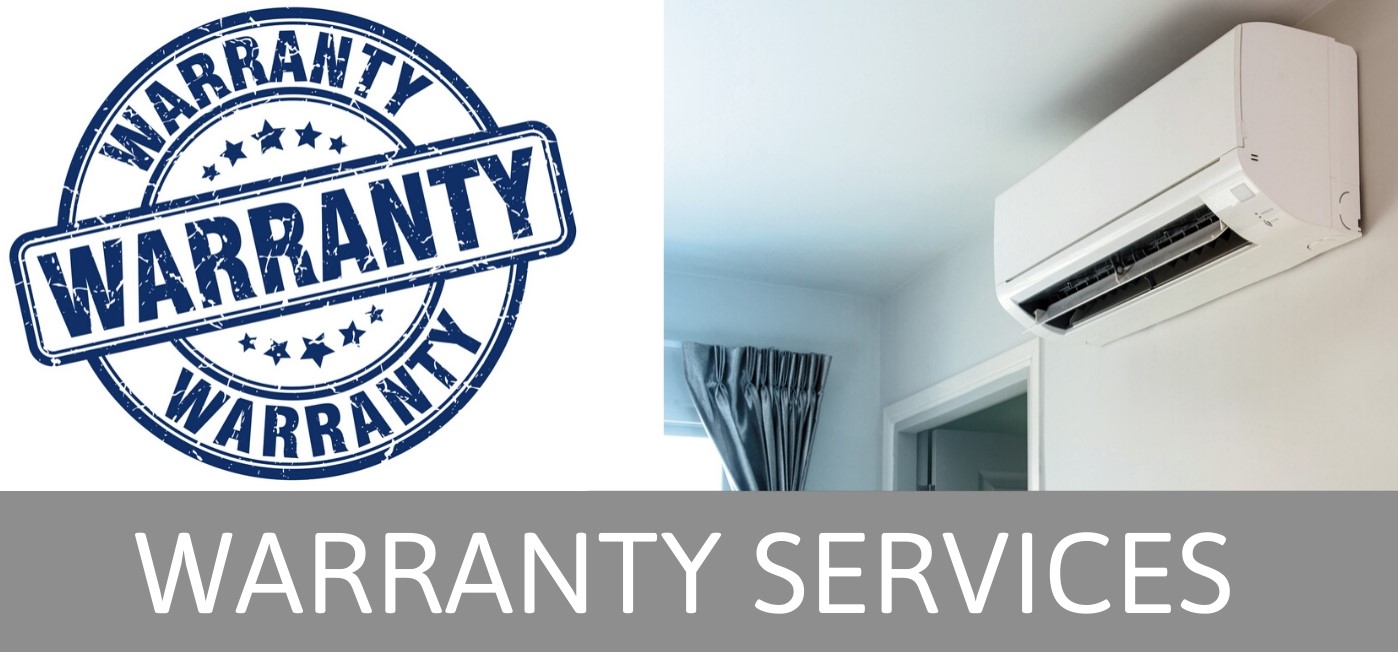Home>Home Maintenance>What Is The Warranty Law For Home Repair Work In New York


Home Maintenance
What Is The Warranty Law For Home Repair Work In New York
Modified: March 6, 2024
Learn about the warranty law for home repair work in New York, ensuring protection and peace of mind for your home maintenance needs.
(Many of the links in this article redirect to a specific reviewed product. Your purchase of these products through affiliate links helps to generate commission for Storables.com, at no extra cost. Learn more)
Introduction
Welcome to the world of home maintenance and repairs! As a homeowner, you know that your property is a valuable investment, and you want to ensure that it is well taken care of. However, despite our best efforts, there may come a time when repairs or renovations are necessary to keep your home in top shape.
When it comes to hiring professionals for home repair work in New York, it’s essential to understand the warranty laws that protect you as a homeowner. In this article, we will delve into the warranty law for home repair work in New York, providing you with a comprehensive guide to ensure that you are well-informed and can advocate for your rights.
Whether you’re considering minor repairs, a complete renovation, or hiring contractors for any home improvement project, understanding warranty protections is crucial. These laws provide peace of mind and allow you to hold contractors accountable for any subpar workmanship or defective materials.
In the following sections, we will explore the key definitions related to warranty law in New York, the different types of warranties that can apply to home repair work, as well as the statutory warranty protections provided under New York law. We will also address common issues and limitations you may encounter, and guide you on the necessary steps to enforce your warranty rights.
By the end of this article, you will have a solid grasp of the warranty law for home repair work in New York, empowering you to make informed decisions, protect your investment, and maintain a safe and comfortable living environment for you and your family. Let’s dive in!
Key Takeaways:
- Understand the warranty law in New York to protect your home. Know the types of warranties, statutory protections, and steps to enforce your rights. Stay informed and advocate for your home’s quality.
- Document issues, notify the contractor, and seek resolution. Enforce your warranty rights with patience and persistence. Protect your investment and maintain a safe living environment.
Read more: What Is Legal In New York For Home Defense
Understanding Warranty Law for Home Repair Work in New York
Before we delve into the specifics of warranty law for home repair work in New York, let’s start by understanding the importance of warranties in this context.
A warranty is essentially a guarantee provided by a contractor or service provider that ensures the quality and durability of the work they perform or the materials they use. It serves as a form of protection for homeowners, giving them the confidence that any issues arising from the repair work will be addressed.
In the state of New York, warranty law for home repair work is primarily governed by the New York General Business Law, as well as specific regulations enforced by the New York Department of State’s Division of Consumer Protection. These laws establish the rights and responsibilities of contractors and homeowners when it comes to warranty protection.
It’s important to note that warranty law applies to both written and verbal contracts. While it is always advisable to have a written agreement outlining the terms and conditions, New York recognizes verbal agreements as legally binding. However, written agreements provide a stronger foundation for enforcing warranty rights as they offer clear documentation of the agreed-upon terms.
In the next sections, we will explore the key definitions related to warranty law in New York and the different types of warranties that may apply to home repair work. Understanding these terms will help you navigate the warranty landscape with confidence and clarity.
Key Definitions
Before we delve deeper into warranty law for home repair work in New York, let’s familiarize ourselves with some key definitions that will be pertinent to our discussion:
- Contractor: A contractor is an individual or business entity hired to perform home repair or improvement work. Contractors can include general contractors, specialty contractors, subcontractors, and tradespeople.
- Homeowner: The homeowner is the owner or occupant of a residential property, contracting with a contractor for repair or improvement work.
- Warranty: A warranty is a promise made by a contractor to the homeowner, guaranteeing that the work performed or the materials used will meet certain standards of quality and durability. It serves as a form of protection for homeowners in case defects or issues arise.
- Express Warranty: An express warranty is a specific written or verbal statement made by the contractor to the homeowner, outlining the scope and terms of the warranty. It is a clear promise regarding the quality, workmanship, or materials used in the repair work.
- Implied Warranty: Implied warranties are automatically imposed by law and do not require a specific written or verbal agreement. These warranties guarantee that the repairs and materials used will be fit for their intended purpose and of satisfactory quality.
- Breach of Warranty: A breach of warranty occurs when the contractor fails to meet the terms and conditions outlined in the warranty agreement. It may involve substandard workmanship, the use of defective materials, or a failure to fulfill the promised repairs.
Understanding these key definitions will provide a solid foundation for navigating the warranty law landscape in New York. In the next section, we will explore the different types of warranties that may apply to home repair work, giving you a clearer understanding of your rights and protections as a homeowner.
Types of Warranties in Home Repair Work
When it comes to home repair work in New York, there are different types of warranties that may apply. These warranties provide homeowners with varying levels of protection and dictate the responsibilities of contractors in case issues arise. Let’s take a closer look at the most common types of warranties:
- Express Warranties: Express warranties are explicitly stated in writing or verbally at the time of the contract agreement. These warranties outline specific promises made by the contractor regarding the quality of workmanship and the materials used. Express warranties can cover a wide range of issues, including defects in construction, faulty installation, or structural problems. It’s crucial to carefully review and understand the terms and conditions of express warranties before entering into a contract.
- Implied Warranties of Habitability: In New York, there is an implied warranty of habitability for residential properties, which ensures that the property is suitable for living. This warranty extends beyond the specific repair work and covers broader issues such as health and safety concerns. Under this warranty, contractors are obligated to perform their work in a manner that meets local building codes and standards.
- Manufacturer’s Warranties: When it comes to materials used in home repair work, manufacturers often provide their own warranties. These warranties guarantee the quality and performance of the materials and may offer coverage for a specified period. It’s important to understand the terms and conditions of manufacturer’s warranties, as they may have specific requirements for filing claims or obtaining repairs.
- Service Warranties: Some contractors may also offer service warranties that cover their work for a specified period after completion. These warranties act as a guarantee that the contractor will correct any issues that arise during the warranty period. Service warranties may vary in duration and coverage, so it’s crucial to review the terms and conditions before engaging a contractor.
Understanding the different types of warranties in home repair work will allow you to assess the level of protection you have as a homeowner and determine the appropriate course of action in case you need to enforce your warranty rights. In the next section, we will explore the statutory warranty protections provided under New York law, ensuring that you have a comprehensive understanding of your rights and responsibilities in home repair work.
Always make sure to get a written warranty for any home repair work in New York. The warranty should include the contractor’s name, address, and a detailed description of the work to be done.
Statutory Warranty Protections in New York
New York has specific statutory warranty protections in place to safeguard homeowners in cases of substandard workmanship or defective materials. These warranty provisions can provide additional layers of protection beyond the express or implied warranties that may already be in effect. Let’s take a closer look at the statutory warranty protections in New York:
- New York General Business Law (GBL) § 777-a: This provision requires contractors to provide a written guarantee for any repairs or improvements to a residential property that cost over $500. The guarantee must be written in plain language and include specific details such as the scope of work, the duration of the warranty, and the remedy for any defects. The written guarantee can be in the form of a separate document or part of the contract.
- New York General Business Law (GBL) § 777-b: This provision mandates that contractors must notify homeowners about the availability of one-year warranties for defects in material and workmanship. This means that even if the contractor does not explicitly offer a warranty, the homeowner may still be entitled to a one-year warranty.
- New York General Business Law (GBL) § 777-c: This provision requires contractors to disclose certain information in their contracts, including their contact information, the total contract price, the start and end dates of the work, and a description of the work to be performed. This disclosure requirement ensures transparency and allows homeowners to have a clear understanding of their rights and responsibilities.
- New York General Business Law (GBL) § 777-d: This provision protects homeowners by prohibiting contractors from waiving or limiting the statutory warranty protections provided under GBL § 777-a and § 777-b. This means that any attempt by the contractor to exclude or restrict these warranty protections will be unenforceable.
The statutory warranty protections in New York provide homeowners with additional peace of mind when it comes to home repair work. By understanding these warranty provisions, you can ensure that contractors fulfill their obligations and that any defects or issues are properly addressed. In the next section, we will discuss common issues and limitations you may encounter under New York warranty law, empowering you to navigate potential challenges effectively.
Common Issues and Limitations under New York Warranty Law
While warranty laws in New York provide crucial protections for homeowners, it’s important to be aware of common issues and limitations that may arise when enforcing your warranty rights. Understanding these potential challenges will help you navigate the warranty process with confidence. Let’s explore some of the common issues and limitations:
- Exclusions and Limitations: Contractors may include certain exclusions or limitations in their warranty agreements. These exclusions may exempt certain types of repairs, materials, or damages from warranty coverage. It’s important to carefully review the warranty agreement to understand these limitations and determine if they are reasonable and acceptable to you.
- Time Limitations: Many warranties have specified time limits within which the homeowner must notify the contractor of any defects or issues. Failure to adhere to these time limits may result in a forfeiture of your warranty rights. It’s crucial to understand and comply with any time limitations outlined in the warranty agreement.
- Proving Fault: In some cases, proving that a defect or issue is covered under the warranty and was caused by the contractor’s workmanship or the materials used can be challenging. It may require providing evidence, such as photographs, inspection reports, or expert opinions, to support your claim. Having proper documentation and maintaining clear communication with the contractor throughout the process can strengthen your case.
- Contractor Disputes: Resolving warranty disputes with the contractor can sometimes be a complex and frustrating process. It may involve negotiations, mediation, or even legal action. It’s advisable to keep all communication with the contractor in writing and maintain thorough documentation of the repair process to protect your interests.
While these issues and limitations may present challenges, they should not discourage you from asserting your warranty rights. By being proactive, diligent, and well-informed, you can navigate these obstacles and ensure that your warranty protections are honored. In the next section, we will discuss the necessary steps to enforce your warranty rights effectively.
Steps to Enforce Warranty Rights
When it comes to enforcing your warranty rights for home repair work in New York, it’s crucial to follow the proper steps to ensure a smooth and successful resolution. Here are the key steps to take when enforcing your warranty rights:
- Review the Warranty Agreement: Start by reviewing the warranty agreement provided by the contractor. Familiarize yourself with the terms and conditions, including any limitations, timeframes, or exclusions.
- Document Issues: If you notice any defects or issues covered by the warranty, document them thoroughly. Take detailed photographs, gather relevant invoices, receipts, and records, and maintain a log of any communication with the contractor.
- Notify the Contractor: Notify the contractor in writing about the defects or issues covered by the warranty. Be specific about the problems you’re experiencing and include supporting documentation. Ensure that you comply with any time limitations outlined in the warranty agreement.
- Allow the Contractor to Assess and Remediate: Give the contractor reasonable opportunity to assess the issues and remedy them according to the terms of the warranty agreement. Cooperate and maintain open communication during this process.
- Seek Mediation or Arbitration: If the contractor fails to fulfill their warranty obligations or there is a dispute regarding the resolution, consider mediation or arbitration as a means of resolving the issue. These alternative dispute resolution methods can often be faster and more cost-effective than litigation.
- Consult with an Attorney: If the dispute remains unresolved or the contractor refuses to honor their warranty obligations, you may need to consult with an attorney specializing in construction or consumer law. They can provide guidance and represent your interests in pursuing legal action, if necessary.
- Keep Records: Throughout the warranty enforcement process, be diligent in keeping thorough records of all correspondence, repair attempts, and any legal or mediation proceedings. These records will be essential to support your case and strengthen your position.
By following these steps, you can effectively enforce your warranty rights and seek a resolution to any defects or issues in the home repair work. Remember to approach the process with patience and persistence to ensure a fair outcome. In the concluding section, we will summarize the key points discussed and highlight the importance of understanding and advocating for your warranty rights.
Conclusion
As a homeowner, understanding the warranty law for home repair work in New York is essential for protecting your investment and ensuring quality workmanship. By familiarizing yourself with key definitions, types of warranties, and statutory warranty protections, you can navigate the world of home repair with confidence.
Through this article, we have explored the importance of warranties, the different types of warranties that may apply to home repair work, and the statutory warranty protections provided under New York law. We have also discussed common issues and limitations that homeowners may encounter and the necessary steps to enforce warranty rights effectively.
Remember, it is crucial to carefully review any warranty agreements, document any issues, and notify the contractor promptly. By maintaining clear communication and keeping thorough records, you can assert your warranty rights confidently and seek resolution for any defects or issues that may arise.
While enforcing warranty rights can sometimes be challenging, knowing your rights and responsibilities empowers you to advocate for yourself and hold contractors accountable. If disputes arise, consider utilizing mediation or arbitration as a quicker, more cost-effective alternative to litigation. Consulting with a qualified attorney specialized in construction or consumer law can also provide valuable guidance throughout the process.
Ultimately, as a homeowner, your home is a significant investment, and ensuring the integrity and quality of any repair work is crucial. By understanding warranty law and taking proactive steps to enforce your warranty rights, you can maintain a safe and comfortable living environment while protecting your investment.
We hope this comprehensive guide has equipped you with the necessary knowledge to navigate the warranty law for home repair work in New York. Remember to advocate for your rights, stay informed, and make well-informed decisions when it comes to hiring contractors and protecting your home.
Frequently Asked Questions about What Is The Warranty Law For Home Repair Work In New York
Was this page helpful?
At Storables.com, we guarantee accurate and reliable information. Our content, validated by Expert Board Contributors, is crafted following stringent Editorial Policies. We're committed to providing you with well-researched, expert-backed insights for all your informational needs.














